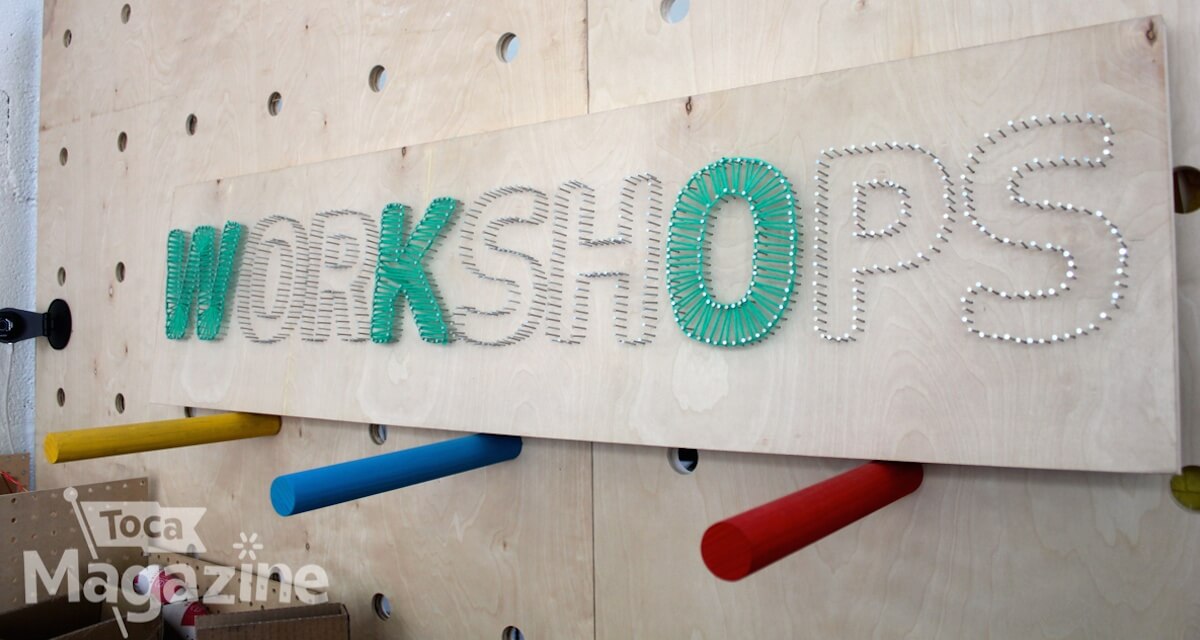- By
- Parker Barry
We’re all makers. That’s the refrain of Dale Dougherty, father of the maker movement and publisher of MAKE: magazine. But the best thing we can make, he says in his TEDTalk, is more makers. Your kids are makers, too, and we have a few tips on how you can support them in making, whether it be making robots, jewelry, their own 3-D printed creations or whatever they dream up.
-
1. Give them inspiration.
They may have their own ideas, but a visit to a Maker Faire or a physics/engineering/STEM festival will inspire them with more ideas and show them some fascinating possibilities. Summer camps are another great way for kids to get some exposure to special-interest making. Camps for tinkering, coding, robotics and other STEM or crafting hobbies are designed to spark an interest in makers, and some programs are even offered online for free.
-
2. Give them supplies.
With the rising popularity of the maker movement, ready-made kits are increasingly available. That’s a fine starting place for kids just getting started or trying out different making interests. Kids who are interested in a specific kind of making or who have more experience will want raw materials. Depending on the specific interest, you’ll want to visit crafting stores, electronics stores, home-improvement stores or hardware stores — bricks and mortar or online versions.
-
3. Give them space.
Some schools and libraries are creating maker spaces for makers to gather and work, and some areas have maker spaces available for membership or time-based rentals. Even with those options, kids will need space to work and keep their supplies and creations. Be flexible in giving them a space to focus — a garage or outdoor shed, an empty closet or corner of a room or even the dining room table. Making can be messy, so be tolerant of that part of the process.
-
4. Give them time.
With any creative endeavor, kids need time to get into flow — that state where the ideas are flowing and they are in the zone. With making, kids will need time to generate ideas, try them out, tweak them and try again.
-
5. Give them mentors.
Chances are some of the making projects your kids want to work on may be out of your range of experience. Help kids connect with mentors who can help them — friends or family members (even ones who aren’t geographically close can connect via social media); through organizations or clubs; or even over the Internet. YouTube is a goldmine of how-to videos for making.
-
6. Give them the gift of failure.
Don’t protect kids from failure. Rather, let them learn from it. They’ll learn more from the process of trying something and figuring out why it didn’t work and then trying again than they will from getting it right the first time because someone told them exactly how to do it. “Failure” can lead to some pretty cool discoveries, too. 





